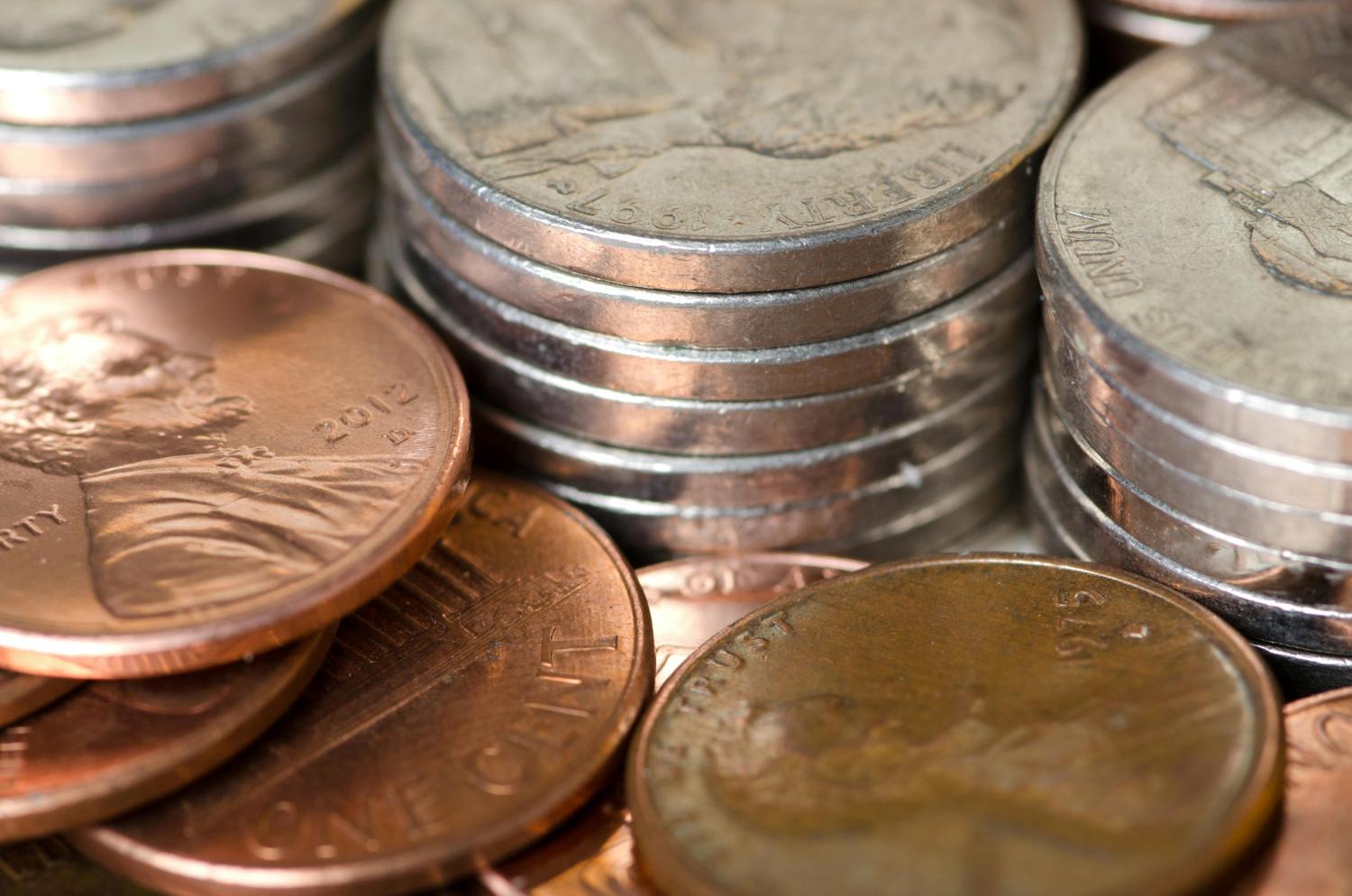The penny's days are numbered: What the change means for your wallet

The U.S. government is phasing out the penny, ending more than 200 years of production for the one-cent coin. Lawmakers say it’s a matter of fiscal responsibility: The penny now costs about 4 cents to make, and its usefulness in everyday transactions has dwindled. But what will the change mean for consumers, and could it be a step toward eliminating other coins?

Edward Van Wesep
CU Boulder Today caught up with Edward Van Wesep, professor and chair of the finance division at the Leeds School of Business, to break down what you need to know.
Why is the government ending penny production now, and what’s the economic rationale behind it?
The penny costs more to produce than it is worth and doesn't offer much value for buyers and sellers of goods and services. Prices can be rounded up and down to the nearest five cents for cash transactions. For noncash transactions, we can continue to use "the penny" as our minimum unit of a final transaction's value. As I am sure readers know, we use even smaller denominations than a penny despite the fact that final transaction values get rounded to the penny. Gas, for example, is usually priced to the tenth of a penny. Simply put, the value pennies provide is less than their hassle and producing them costs the government money.
What does it mean for consumers when cash transactions are rounded to the nearest five cents?
Not much. The effect, on average, is essentially zero because rounding goes both up and down.
Are there any historical or international precedents for eliminating low-value coins?
There are plenty. In the U.S., we had a coin called the half penny that was phased out over 150 years ago. Inflation since then means that a half penny was worth far more in 1857 than the penny is today, but people made do. Canada got rid of the penny in 2012. Governments that experience higher inflation get rid of lower denomination coins and bills all the time.
How might this affect low-income consumers or people who rely more on cash?
I doubt that there would be much of an effect on low-income consumers. As I mentioned, transaction values round both up and down. On average, there wouldn't be much effect. If there were a lot of things priced at less than 2.5 cents, then you could see some effect because stores would have to round those prices up but it has been a long time since you could buy any single items for 2.5 cents! For those of us who don't use cash much, there is little hassle from dealing with pennies but for those who do, pennies are a hassle.
Could getting rid of the penny impact prices or inflation in any meaningful way?
No. It's just not worth enough to matter and, again, rounding goes both ways.
What are the logistical challenges businesses and banks might face in transitioning to a penniless economy?
I don't think that there will be serious challenges. Businesses can simply stop accepting pennies if they want. Presumably, as pennies will still be in circulation, businesses will be free to accept them or offer them as change if they see fit. (I'm not aware of any mandatory phasing out of pennies, as we saw with gold and silver certificates when we went off the gold standard.) I expect that many businesses will stop accepting them and that will slightly simplify their operations. Cash has been phasing out in general. I doubt that the phaseout of pennies specifically will be more complex.
Beyond manufacturing cost, are there other arguments for or against keeping the penny—like tradition, symbolism or jobs?
I have a hard time thinking of benefits of the penny. Most people will not pick up a penny that is lying on the street.
Looking ahead, could this set the stage for phasing out other coins—like the nickel—or accelerating a move toward a cashless economy?
The nickel is next. It is far more expensive than 5 cents to produce a nickel, and nickels are heavy. A pocketful of nickels is a pain! I could imagine more pushback to phasing out the nickel because you could imagine 10 cents here and there adding up over time. The arguments for phasing out the penny mostly apply to the nickel, though, and as we become more cashless those arguments will only get stronger. I don't think that phasing out either coin will push people away from cash.
What should we do with the pennies we have at home? Will they become worth more or collectable?
As for pennies at home, I doubt that they will ever be worth anything more than a penny, and the value of a penny goes down every day due to inflation. There are lots out there and I doubt that demand for them as collectables will ever exhaust the supply—certainly not in our lifetimes. I suggest saving a few if they bring you joy and turning the rest in. As a side benefit, it's good for the environment to recycle copper rather than mining more out of the ground!


